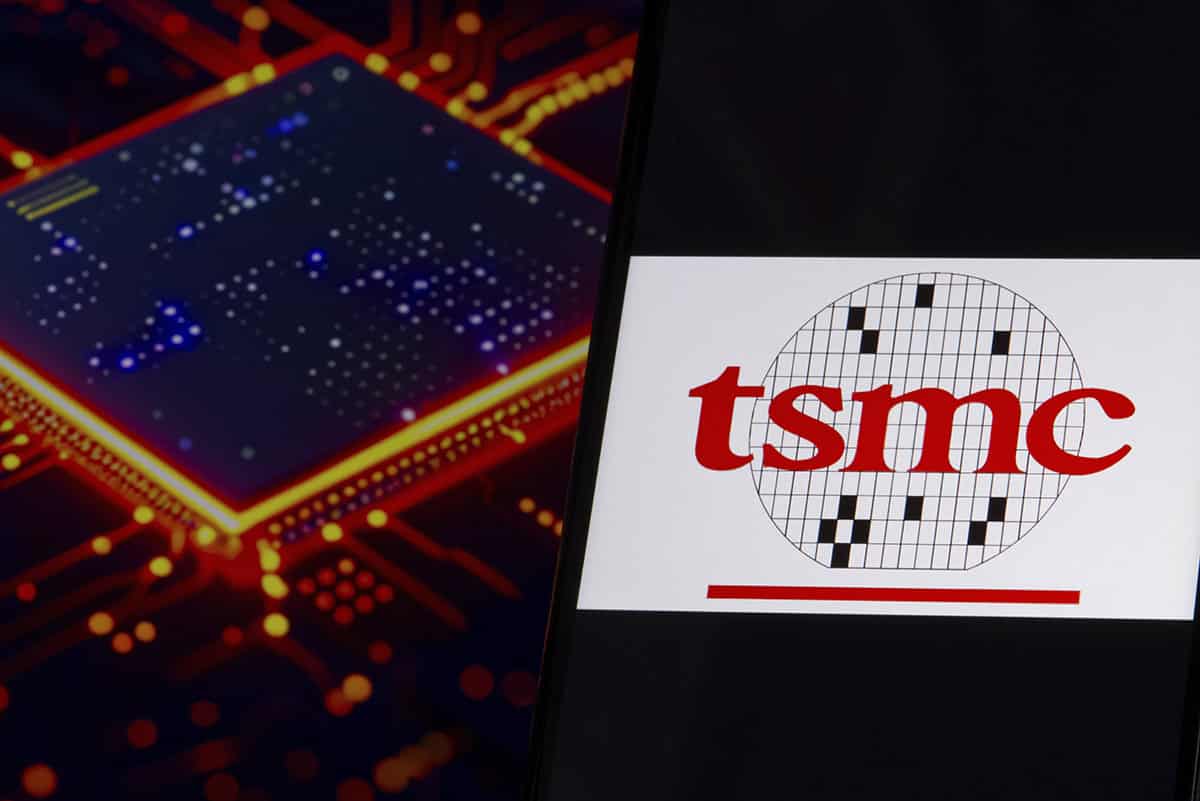Taiwan Semiconductor Manufacturing Company, the world’s biggest semiconductor chip maker, broke ground in early August on its first facility in Europe, an $11 billion fabrication plant in Dresden, Germany. TSMC holds a 70% stake in the venture, called the European Semiconductor Manufacturing Company, with German automotive chip maker Infineon Technologies, the Netherlands’ NXP Semiconductors, and automotive parts supplier Bosch each taking a 10% stake. The venture will receive subsidies worth roughly half the total investment from the German government.
The chip factory is part of the company’s long-term strategy to diversify beyond its base of Taiwan. The main focus of the factory, which is slated to launch operations in late 2027, will be to supply the continent’s automotive industry, which accounts for 5.7% of EU GDP and 12.9 million jobs, or 6.8%, of total EU employment as of 2021. Semiconductor chips are essential to engine performance, safety features, and infotainment in automobiles.
The new European venture also represents something of an insurance policy for TSMC. Taiwan is viewed by China as a breakaway province, and Beijing often strongly reiterates its long-term desire to bring the self-governing island back under the control of the mainland—with potentially serious consequences for Taiwan’s chip production. The Dresden plant deal will likely be a point of concern for China, which is Germany’s largest trade partner, and the German government has already gone to lengths to downplay the political ramifications of the venture, focusing instead on the business angle.
The EU, for its part, is also seeking to increase chip production, with an aim of doubling its share of global semiconductor chip manufacturing to 20% by 2030. A $33 billion facility planned by US chip giant Intel, which would be the largest European chips project, is still awaiting EU regulators’ approval, however.
